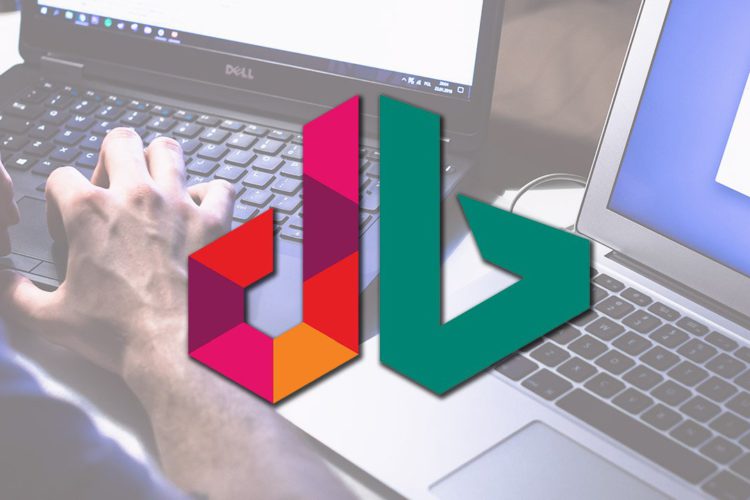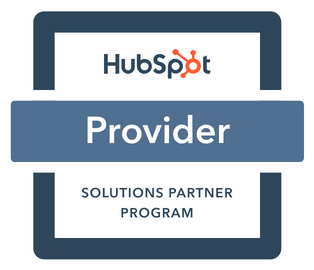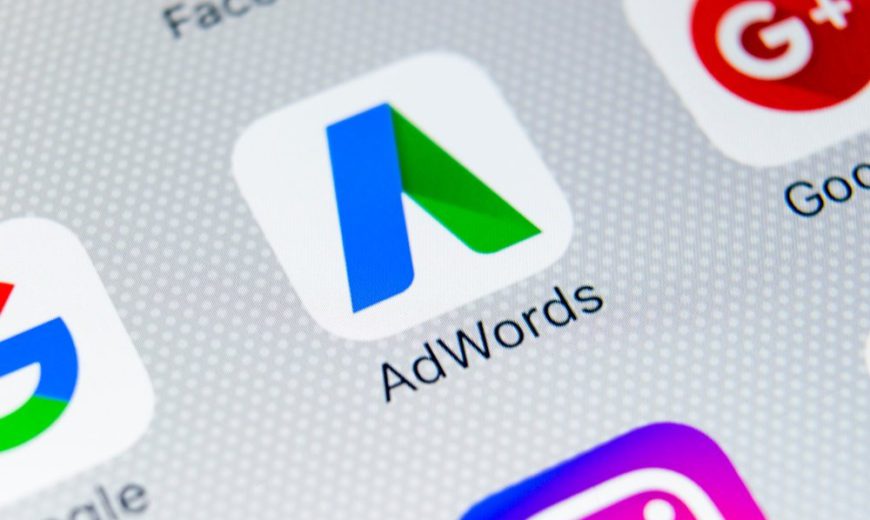
On this page
The 2017 Google Masterclass was a concoction of ideas on artificial intelligence being the future of digital media and how creativity will thrive in this AI environment. As a business owner in the digital world, there are some thoughts to be shared after attending the class designed by Google for digital marketers.
Their latest statistics prove their authority, as Google drives “tens of millions of direct connections between businesses and their customers.”
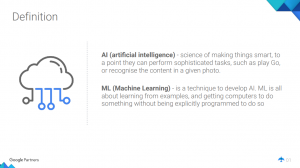 Just a few years ago, Google was leading the mobile-first wave and now they’re setting their sights on AI.
Cardinal Path Founder and Senior Partner Dave Booth was more realistic about AI in the present day.
“AI is in its awkward teenage years,” he joked.
He is still confident in AI and its predecessor, Intelligent Assistance [IA].
AI and IA saves time, drives the best possible results and operates in the most profitable way, according to Booth.
Just a few years ago, Google was leading the mobile-first wave and now they’re setting their sights on AI.
Cardinal Path Founder and Senior Partner Dave Booth was more realistic about AI in the present day.
“AI is in its awkward teenage years,” he joked.
He is still confident in AI and its predecessor, Intelligent Assistance [IA].
AI and IA saves time, drives the best possible results and operates in the most profitable way, according to Booth.
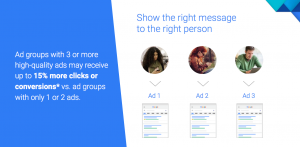 People can be looking for the same product for drastically different reasons and it is up to the digital marketer to ensure all consumers have been targeted.
Creative success can be achieved by combining tailored messages with optimised ad rotation.
Dave Booth believes the key to reaching these customers is by tailoring ads at scale, giving information that this relevant to the consumer in that current moment. Digital marketing should be tailored based on a consumer’s moment in time, location interests, device and intent.
Optimising your ad rotation will improve the quality of your traffic, increase your conversions and simplify management of the campaign.
People can be looking for the same product for drastically different reasons and it is up to the digital marketer to ensure all consumers have been targeted.
Creative success can be achieved by combining tailored messages with optimised ad rotation.
Dave Booth believes the key to reaching these customers is by tailoring ads at scale, giving information that this relevant to the consumer in that current moment. Digital marketing should be tailored based on a consumer’s moment in time, location interests, device and intent.
Optimising your ad rotation will improve the quality of your traffic, increase your conversions and simplify management of the campaign.
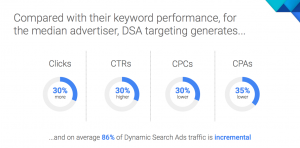 Ad customisers further assist this, where “dynamic keyword insertions” give customised ads that scale to every context, including keyword, time, device and user location.
Tailoring your ad to customisable specifics allows a more targeted, personalised experience for the consumer, often giving them the ability to find your website when they may not have with their search otherwise.
Ad tailoring can include countdowns, time of day, locational or type of device specifics. People are more likely to search a local coffee shop on their phone a Monday morning, rather than on a laptop a Thursday night.
Ad customisers further assist this, where “dynamic keyword insertions” give customised ads that scale to every context, including keyword, time, device and user location.
Tailoring your ad to customisable specifics allows a more targeted, personalised experience for the consumer, often giving them the ability to find your website when they may not have with their search otherwise.
Ad tailoring can include countdowns, time of day, locational or type of device specifics. People are more likely to search a local coffee shop on their phone a Monday morning, rather than on a laptop a Thursday night.
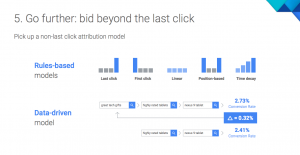 There are many other alternatives to this model, including first click (which equally has its share of data issues), linear (crediting all sources equally), position based (the first and the last are given more credit, and the middle searches are given some credit as well) or time decay (where the further into the search process it is, the more credit it gets).
We are also able to create a customised model that suits your specific needs, providing more relevant data for your business.
There are many other alternatives to this model, including first click (which equally has its share of data issues), linear (crediting all sources equally), position based (the first and the last are given more credit, and the middle searches are given some credit as well) or time decay (where the further into the search process it is, the more credit it gets).
We are also able to create a customised model that suits your specific needs, providing more relevant data for your business.
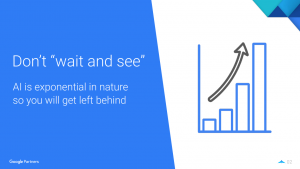 Google Australia Head of Performance Agencies Martin Curtis believes “agencies of the future are moving now to measure and manage the entire digital journey.”
As AI is integrated into the digital marketing process, 50 per cent of time previously used can be reinvested back into the business and the creative strategy.
Curtis urged the Google Partners to “build capabilities to solve wicked business problems,” using audience data, machine learning and creative thinking/strategy.
By focusing on continued learning, we are developing our creative thinking and strategy skills to develop more revenue opportunities for our clients. If you are interested to grow your business with digital marketers, contact us today for more professional advice.
Google Australia Head of Performance Agencies Martin Curtis believes “agencies of the future are moving now to measure and manage the entire digital journey.”
As AI is integrated into the digital marketing process, 50 per cent of time previously used can be reinvested back into the business and the creative strategy.
Curtis urged the Google Partners to “build capabilities to solve wicked business problems,” using audience data, machine learning and creative thinking/strategy.
By focusing on continued learning, we are developing our creative thinking and strategy skills to develop more revenue opportunities for our clients. If you are interested to grow your business with digital marketers, contact us today for more professional advice.
Artificial intelligence (AI)
Google’s Head of Business Marketing Richard Flanagan introduced the seminar by unveiling the future of Google – artificial intelligence. He defined AI as “the science of making things smart.” Just a few years ago, Google was leading the mobile-first wave and now they’re setting their sights on AI.
Cardinal Path Founder and Senior Partner Dave Booth was more realistic about AI in the present day.
“AI is in its awkward teenage years,” he joked.
He is still confident in AI and its predecessor, Intelligent Assistance [IA].
AI and IA saves time, drives the best possible results and operates in the most profitable way, according to Booth.
Just a few years ago, Google was leading the mobile-first wave and now they’re setting their sights on AI.
Cardinal Path Founder and Senior Partner Dave Booth was more realistic about AI in the present day.
“AI is in its awkward teenage years,” he joked.
He is still confident in AI and its predecessor, Intelligent Assistance [IA].
AI and IA saves time, drives the best possible results and operates in the most profitable way, according to Booth.
Optimised ad rotation
Google released data that shows ad groups with three or more high-quality advertisements may receive up to 15 per cent more clicks and conversions, in comparison to ad groups with only one to two ads. People can be looking for the same product for drastically different reasons and it is up to the digital marketer to ensure all consumers have been targeted.
Creative success can be achieved by combining tailored messages with optimised ad rotation.
Dave Booth believes the key to reaching these customers is by tailoring ads at scale, giving information that this relevant to the consumer in that current moment. Digital marketing should be tailored based on a consumer’s moment in time, location interests, device and intent.
Optimising your ad rotation will improve the quality of your traffic, increase your conversions and simplify management of the campaign.
People can be looking for the same product for drastically different reasons and it is up to the digital marketer to ensure all consumers have been targeted.
Creative success can be achieved by combining tailored messages with optimised ad rotation.
Dave Booth believes the key to reaching these customers is by tailoring ads at scale, giving information that this relevant to the consumer in that current moment. Digital marketing should be tailored based on a consumer’s moment in time, location interests, device and intent.
Optimising your ad rotation will improve the quality of your traffic, increase your conversions and simplify management of the campaign.
Dynamic search ads
Booth defined dynamic search ads as “old but gold,” giving digital marketers the ability to plan for searches that have not occurred yet. 15 per cent of Google searches are still unique, so digital marketers need a way to target consumers that will allow them to find the product they’re looking for, even if we don’t know that they’re looking yet. Dynamic Search Ads targets relevant searches automatically based on the your website and uses headlines that are customised to consumer’s actual searches. An average of 86 per cent of traffic built by this process is incremental. Ad customisers further assist this, where “dynamic keyword insertions” give customised ads that scale to every context, including keyword, time, device and user location.
Tailoring your ad to customisable specifics allows a more targeted, personalised experience for the consumer, often giving them the ability to find your website when they may not have with their search otherwise.
Ad tailoring can include countdowns, time of day, locational or type of device specifics. People are more likely to search a local coffee shop on their phone a Monday morning, rather than on a laptop a Thursday night.
Ad customisers further assist this, where “dynamic keyword insertions” give customised ads that scale to every context, including keyword, time, device and user location.
Tailoring your ad to customisable specifics allows a more targeted, personalised experience for the consumer, often giving them the ability to find your website when they may not have with their search otherwise.
Ad tailoring can include countdowns, time of day, locational or type of device specifics. People are more likely to search a local coffee shop on their phone a Monday morning, rather than on a laptop a Thursday night.
Smart bidding
Smart bidding is an automated process that runs well-executed A/B tests to assess changes before an ad is rolled out. It determines the most profitable target and bids on keywords for the right audience. If the campaign goal is visibility, the recommended strategy is targeting outranking shares. If it were a revenue-based goal, the recommended strategy would be to target return on advertising [ROA’s].Attribution
Attribution models tell you what part of the consumer search process can be credited for the final sale. People search on a wide range of devices, channels and platforms, which can create fragmented data if digital marketers insist on looking at this data in a traditional way. Traditionally, most digital marketing agencies use a last-click attribution model, which only gives credit to the final source of information, which often provides misleading data. Currently, only 17 per cent of agencies have moved off last-click attribution. There are many other alternatives to this model, including first click (which equally has its share of data issues), linear (crediting all sources equally), position based (the first and the last are given more credit, and the middle searches are given some credit as well) or time decay (where the further into the search process it is, the more credit it gets).
We are also able to create a customised model that suits your specific needs, providing more relevant data for your business.
There are many other alternatives to this model, including first click (which equally has its share of data issues), linear (crediting all sources equally), position based (the first and the last are given more credit, and the middle searches are given some credit as well) or time decay (where the further into the search process it is, the more credit it gets).
We are also able to create a customised model that suits your specific needs, providing more relevant data for your business.
Creative Strategy
The consumer journey is more complicated than ever and Google believes putting more emphasis on creative strategy will streamline this complex process. Consumers now consult at least 10 sources before making a purchase and 90 per cent of consumers switch between multiple devices to complete a task. They are two times more likely to be influenced by digital advertising, so creative strategy is vital in reaching these potential audiences. As more consumers move into the digital sphere, digital marketing is becoming less of a specialised marketing field and more of a marketing expert. Google Australia Head of Performance Agencies Martin Curtis believes “agencies of the future are moving now to measure and manage the entire digital journey.”
As AI is integrated into the digital marketing process, 50 per cent of time previously used can be reinvested back into the business and the creative strategy.
Curtis urged the Google Partners to “build capabilities to solve wicked business problems,” using audience data, machine learning and creative thinking/strategy.
By focusing on continued learning, we are developing our creative thinking and strategy skills to develop more revenue opportunities for our clients. If you are interested to grow your business with digital marketers, contact us today for more professional advice.
Google Australia Head of Performance Agencies Martin Curtis believes “agencies of the future are moving now to measure and manage the entire digital journey.”
As AI is integrated into the digital marketing process, 50 per cent of time previously used can be reinvested back into the business and the creative strategy.
Curtis urged the Google Partners to “build capabilities to solve wicked business problems,” using audience data, machine learning and creative thinking/strategy.
By focusing on continued learning, we are developing our creative thinking and strategy skills to develop more revenue opportunities for our clients. If you are interested to grow your business with digital marketers, contact us today for more professional advice. Related Posts
On this page The Digilari team headed into the Brisbane CBD last week to...

